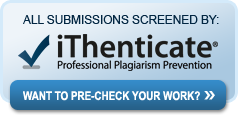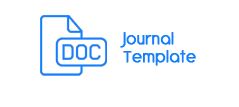STRATEGI PENERAPAN PARADIGMA BARU DALAM PERAN AUDITOR INTERNAL ORGANISASI PEMERINTAH
DOI:
https://doi.org/10.30871/jama.v2i2.1100Keywords:
Soft Control, Bussiness Knowledge, Strategy Audit, ValueAbstract
This paper was intended to identify the applied strategies administered by the internal auditors in the governmental institutions in order to run the new paradigm. The quantity and the quality of the government's internal auditors, nowadays, need to be extended. The transformation from the old paradigm to the new one aimed to support the institution's development. Internal auditor is no longer having a role as a watchdog, but it should also play an important role as the consultant and the catalyst like a business partner. The author revealed seven additional work-focuses of internal auditor as the implementation strategies of the new paradigm such as: (1) from hard control to soft control; (2) from control evaluation to self assessment; (3) from control to risk; (4) from detective to preventive; (5) from audit knowledge to business knowledge; (6) from operational audit to strategy audit; and (7) from independent to value. These new roles will potentially be unattainable if the auditors are incompetent, there is no commitment support from the head of the institution, and the awareness level of the auditee is low.
Downloads
Downloads
Published
How to Cite
Issue
Section
License
Copyright (c) 2018 JOURNAL OF APPLIED MANAGERIAL ACCOUNTING

This work is licensed under a Creative Commons Attribution-ShareAlike 4.0 International License.




